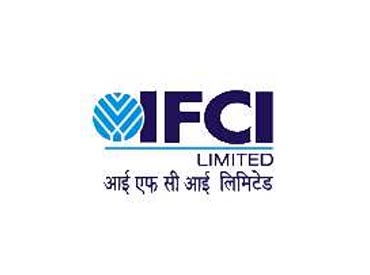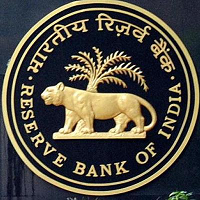Difference between Call Money, Notice and Term Money
Want to Become a Bank, Central / State Govt Officer in 2020?
Join the Most awarded Coaching Institute & Get your Dream Job


Now Prepare for Bank, SSC Exams from Home. Join Online Coure @ lowest fee
Lifetime validity Bank Exam Coaching | Bank PO / Clerk Coaching | Bank SO Exam Coaching | All-in-One SSC Exam Coaching | RRB Railway Exam Coaching | TNPSC Exam Coaching | KPSC Exam Coaching
Difference between Call Money, Notice and Term Money
Money Market
Money market basically refers to a section of the financial market where financial instruments with high liquidity and short-term maturities are traded. Money market has become a component of the financial market for buying and selling of securities of short-term maturities, of one year or less, such as treasury bills and commercial papers.
Money market consists of negotiable instruments such as treasury bills, commercial papers and certificates of deposit. It is used by many participants, including companies, to raise funds by selling commercial papers in the market. Money market is considered a safe place to invest due to the high liquidity of securities.
In Indian money market, Reserve Bank of India plays the central role, as it regulates and controls the money market.
Call and Notice Money Market
- The call/notice money market forms an important segment of the Indian Money Market. Under call money market, funds are transacted on an overnight basis and under notice money market, funds are transacted for a period between 2 days and 14 days.
- The money market primarily facilitates lending and borrowing of funds between banks and entities like Primary Dealers (PDs). Banks and PDs borrow and lend overnight or for the short period to meet their short term mismatches in fund positions. This borrowing and lending is on unsecured basis.
- Call Money is the borrowing or lending of funds for 1day.
- If money is borrowed or lend for period between 2 days and 14 days it is known as Notice Money.
- Term Money refers to borrowing/lending of funds for period between 15 days and one year.
- Scheduled commercial banks (excluding RRBs), co-operative banks (other than Land Development Banks) and Primary Dealers (PDs), are permitted to participate in call/notice money market both as borrowers and lenders.
- Eligible participants are free to decide on interest rates in call/notice money market.
- The Call/Notice Money transactions can be executed either on NDS-Call(Negotiated dealing system call), a screen–based, negotiated, quote-driven electronic trading system managed by the Clearing Corporation of India (CCIL), or over the counter (OTC) through bilateral communication.
- Deals in the Call/Notice/Term money market can be done from 9:00 am to 5:00 pm on each business day or as specified by RBI from time to time.
Note– Primary Dealer (PD) means a financial institution which holds a valid letter of authorisation as a PD issued by the Reserve Bank.
Continue Reading : Money Market Instruments





